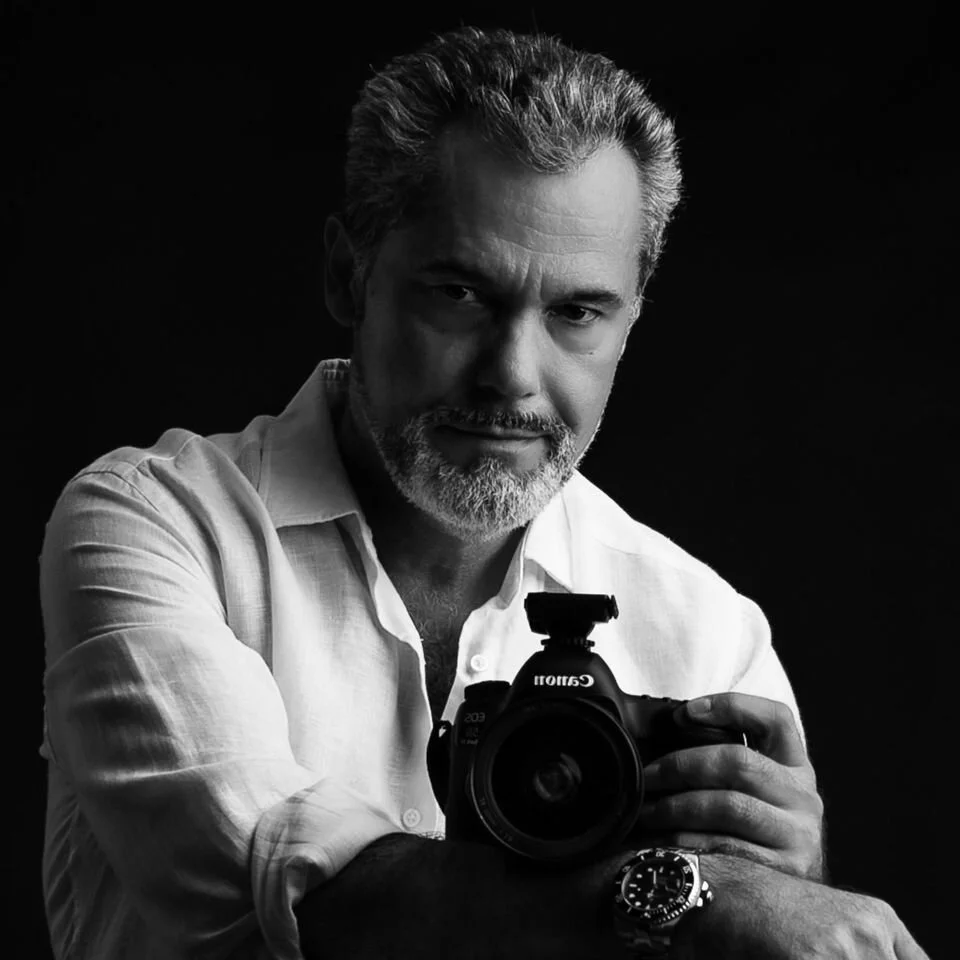The Preacher
by João Coelho
A Character Study
It's a bay protected by a narrow sand tongue that enters the sea, as if it wanted to somehow serve as a sheltered port for those who live and work here. Once the calm waters licked wide strips of sand, now they collide with piles of empty shells of mabangas (a kind of clam common on the west coast of Africa), testimonies of hard work done by countless women. Grandmothers, mothers, daughters, they have all mastered extracting the shellfish from each other to sell in the markets that embrace the city. They also all inherited poverty and the need to survive one day after another.
Today, with regard to the COVID-19 pandemic, there is a lot of talk about living one day at a time, because nobody knows what tomorrow will bring. Suddenly, the world as we all know, has collapsed and a kind of invisible terror has descended which forces us to look to the future in a different way.
Yet that's been the case on this beach for many years. Here, these women live one day at a time because it cannot be otherwise; here the stories are always about the daily struggles for survival.
As if it were a balm against pain and misfortune, religion is present in every corner of this bay. Each one of these women, in one way or another, seeks some kind of relief, strength and hope in one of the more than 1,000 churches of various religions that exist in Angola.
It's also on this beach, where faith seems to be the last hope left, that some churches proclaim their word and practice adult baptism rites in their calm waters.
It was on the morning of that Saturday, when dark clouds were approaching on the horizon foreshadowing a storm at sea, that I met the Reverend Francisco and his three acolytes here. He came to preach the Word of his Church, and to offer baptism to two of the faithful.
With an encyclopedic knowledge of The Bible, he preaches to those who want to hear him, supported by accurate readings of excerpts from The Bible by his acolytes. Here there are no walls where words find an echo, no religious symbols where to pray or ceremonial garments. Here everything is incredibly simple: sky, sea, earth and people.
Skillfully, Reverend Francisco provokes reactions, he questions, he invokes. He seeks answers, interpretations of excerpts from The Bible that require correction, or need him to cast a surprisingly enlightening view.
He uses intricate biblical interpretations with some dictates or provocations in Kimbundo and Umbundo, the two main native languages of Angola, creating empathy and establishing essential bridges to be accepted and effectively heard.
Right and forceful words alternate with analogies that open paths never before explored or imagined by the faithful. The shepherd thus leads his flock to more fertile pastures, where the light of knowledge and discovery awaits them.
Chords taken from a guitar with passion and devotion for one of the acolytes, accompany the Reverend's words and echo across the bay, filling the empty spaces and captivating more and more faithful. They quickly become difficult to resist, grow and take the lead when the Reverend wisely gives them space and encouragement.
Suddenly the music stops and the group plunges into a spiritual ecstasy that precedes the moment of baptism. Invocations are made and promptly seconded by believers, interrupted by moments of a strong silence, where each one gathers in individual meditation.
The ritual of baptism is a moment of great intensity for the group who, in silence, in a contemplative immersion cradled by the words of encouragement and purification that the Reverend chants as he lays his hand on the heads of the believers kneeling before him.
The spiritual communion between the Reverend and the faithful in the water is even greater. It is a moment of enormous intensity, as if they were plunged into a state of catharsis and everything around them did not exist.



























